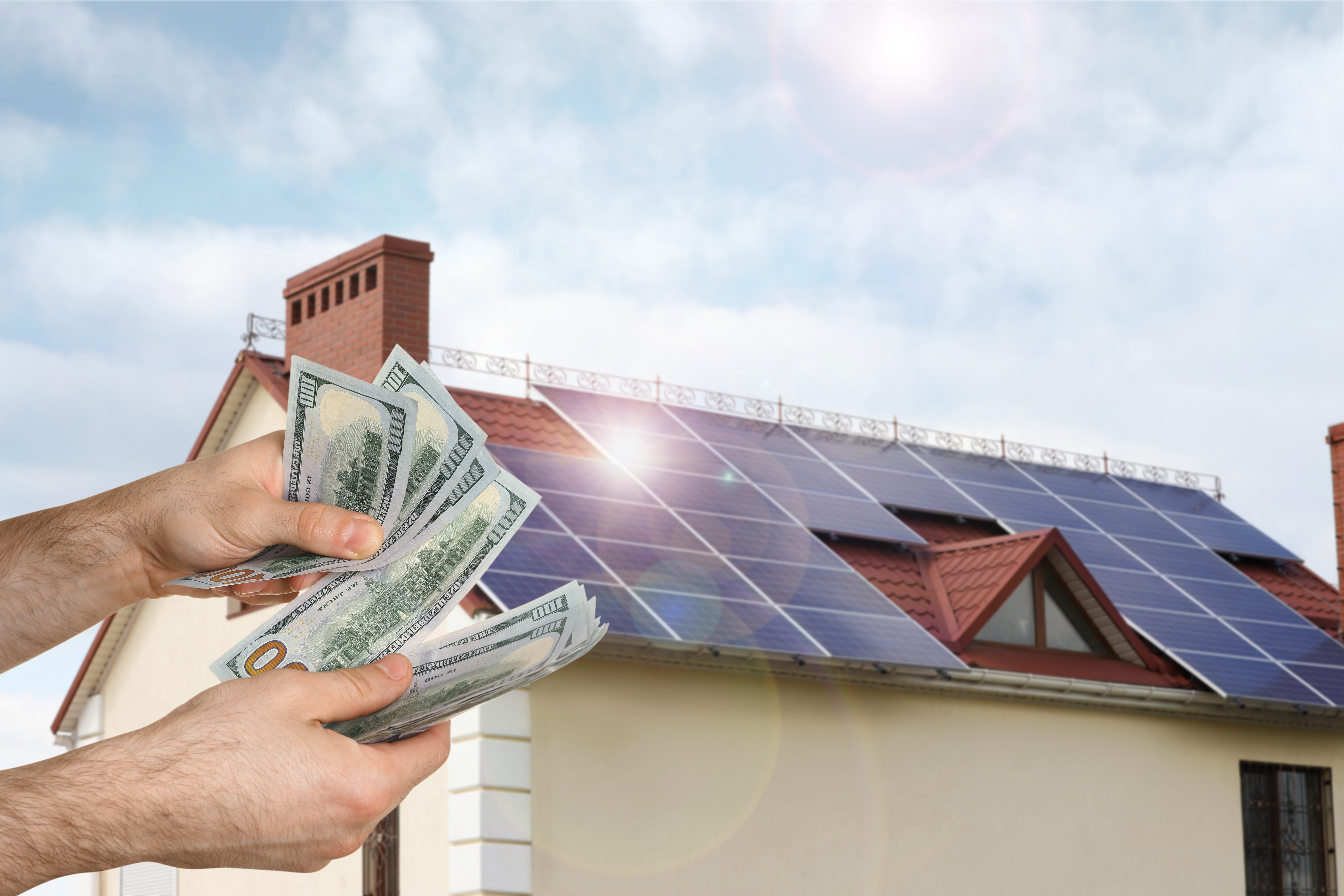Just How Solar Energy Can Help You Save Money and Lower Your Carbon Footprint
The assimilation of solar power into your energy profile offers an engaging chance for both financial cost savings and environmental stewardship. As numerous federal government motivations end up being offered, the question arises: how can one efficiently navigate the initial financial investments and recurring advantages of solar technology to maximize both financial and ecological gains?
Comprehending Solar Power Financial Savings
While the change to solar power commonly involves a preliminary investment, comprehending solar power financial savings is critical for house owners and companies alike. Solar energy systems can dramatically minimize electrical power expenses by taking advantage of the sunlight's energy, translating right into considerable long-term economic benefits. By creating their own electrical power, individuals reduce dependence on grid power, which goes through rising and fall prices. These cost savings can gather in time, often resulting in a rapid roi.
Moreover, solar energy systems may receive numerous economic incentives, including tax credit reports and refunds, better improving their cost-effectiveness. The schedule of internet metering allows users to offer excess power back to the grid, producing an extra revenue stream. These variables add to the overall cost savings connected with solar power.

In addition to guide financial financial savings, solar power offers the added advantage of raising building worth. Homes outfitted with solar panels are usually extra appealing to purchasers, as they guarantee reduced power costs - Simply Solar Illinois. Understanding these components is vital for any individual thinking about solar power, as it highlights not just the potential financial gains, however additionally the more comprehensive environmental and economic benefits of adopting renewable resource remedies
First Costs vs. Long-Term Perks
When evaluating solar power, it is very important to consider the first costs versus the lasting benefits. The upfront financial investment for solar panels, installment, and relevant equipment can be considerable, commonly ranging from $15,000 to $30,000, depending upon the system dimension and home energy demands. This initial expenditure may prevent some home owners; nevertheless, it is critical to consider the potential financial savings in time.
When mounted, solar energy systems can substantially reduce or perhaps eliminate monthly electrical energy bills, resulting in substantial long-lasting financial advantages. Researches show that property owners can save anywhere from $10,000 to $30,000 over the life-span of their solar system, normally 25 years. Additionally, several states supply rewards, tax credit ratings, and refunds that can offset first prices, making solar a lot more easily accessible.

Lowering Your Carbon Impact
Decreasing your carbon footprint is a critical consideration in today's eco conscious culture, and embracing solar power is just one of one of the most effective techniques to accomplish this objective. Solar power is a clean, sustainable click resource that considerably lessens reliance on fossil gas, which are major contributors to greenhouse gas emissions.

Furthermore, the extensive adoption of solar modern technology motivates the advancement of environment-friendly jobs and sustains technologies in power storage and efficiency. The more people and organizations invest in solar energy, the better the cumulative reduction in carbon discharges, cultivating a cleaner environment for future generations.
Government Rewards and Discounts
Adopting solar energy not only profits the environment however can additionally lead to significant financial cost savings, especially with the accessibility of government motivations and discounts. Various federal, state, and local programs are created to urge homeowners and organizations to buy solar power systems, making the transition extra budget friendly.
Among one of the most famous motivations is the Federal Investment Tax Credit Rating (ITC), which permits solar system proprietors to deduct a substantial percentage of the installation expenses from their government tax obligations. This reward has actually been essential in decreasing the ahead of time expenditures connected with solar power systems. In addition, several states supply their own tax credit scores, gives, and refunds that can further enhance cost savings.
Additionally, some neighborhood federal governments provide residential property tax obligation exceptions for solar setups, making sure that home owners do not face boosted real estate tax as an outcome of their renewable resource financial investments. Energy companies might additionally supply rewards, consisting of internet metering and feed-in tolls, which permit solar pop over to these guys power individuals to sell excess power back to the grid.
Picking the Right Planetary System
Selecting the ideal solar system is crucial for taking full advantage of power efficiency and monetary advantages. The decision pivots on a number of factors, consisting of power requirements, spending plan, and readily available room. Home owners should start by analyzing their power intake to determine the system size needed for optimal efficiency.
Following, consider the different kinds of solar innovations readily available. Simply Solar Illinois. Solar (PV) panels are one of the most common, converting sunlight directly into power, while solar Visit This Link thermal systems concentrate on home heating water. Each kind has distinct advantages relying on specific demands
Spending plan factors to consider are likewise extremely important. Initial installment expenses can differ considerably, so it is very important to contrast quotes from several carriers and check out funding choices. Federal government rewards and discounts can better decrease the economic problem, making solar systems a lot more obtainable.
Conclusion
In recap, solar energy offers a sensible solution for achieving substantial price savings while at the same time reducing carbon emissions. The first financial investment, though significant, yields significant lasting economic benefits, with prospective financial savings varying from $10,000 to $30,000 over 25 years. Additionally, the ecological benefits of solar energy add to sustainable methods crucial for combating environment change. Federal government rewards enhance the expediency of solar innovation adoption, motivating a shift towards a cleaner, a lot more financially efficient power resource.